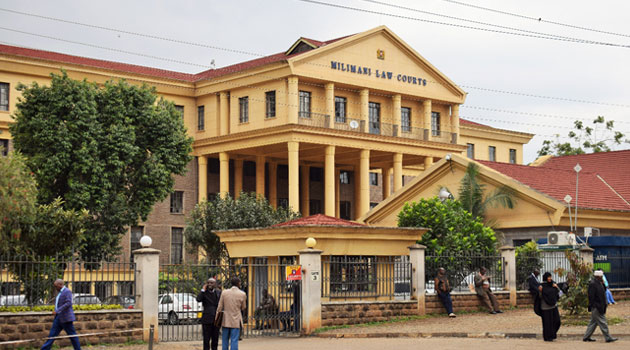Greenlight for EACC to recover Kes8.6 in cemetery scandal

24:07:2024: Boniface Okerosi Misera, a former Head of Procurement in the now defunct Ministry of Local Government will have to refund Kes8.6 million that was part of the embezzled public funds meant to buy a public cemetery in 2009.
This comes after the High Court upheld Justice Onyiego’s judgement of September 12, 2023, in which he found Mr. Misera liable for the cemetery scandal and entered judgement against him for the recovery of the said amount in Anti-Corruption Suit No. 21 of 2016.
EACC accused Herman Stevens Chavera and Boniface Okerosi Misera in the suit of involvement in fraudulent land procurement by the defunct Nairobi City Council.
The land, identified as parcel L.R No. 14759/2, was intended for a public cemetery, but the procurement process was allegedly manipulated for corrupt gains. The case against the first defendant was dismissed for lack of evidence.
Aggrieved by the September 12, 2023 judgement, Mr. Misera, through a new advocate, filed an application in the High Court by a notice of motion on September 22, 2023. He prayed for, among other orders, leave for replacement advocates on record, a stay of execution of the judgement and consequential decree, and the setting aside the said judgement and decree to restore the suit for a fresh hearing on merits.
The applicant, through his new lawyers, submitted that the hearing was heard and determined without his knowledge. His previous lawyer, he averred, failed to inform him of the trial date, leading to his absence and that he should not be punished for the mistakes of his former advocate.
EACC opposed the application. The Commission argued that the long duration of the case and the death of key witnesses made a retrial impractical and emphasized that it would amount to misuse of public funds. The Commission also stressed the need for judicial finality.
Justice Nixon Sifuna dismissed the application, agreeing with the respondents and adding that public interest would suffer if the judgement were set aside. Due diligence, he averred, required a client to visit or contact his advocate and inquire about the progress of his case.
“A client may also, in the ideal, visit the court registry from time to time, to inquire about the status as well as progress of his case,” he said and declined the prayer for stay of execution of the decree, and dismissed the application.

